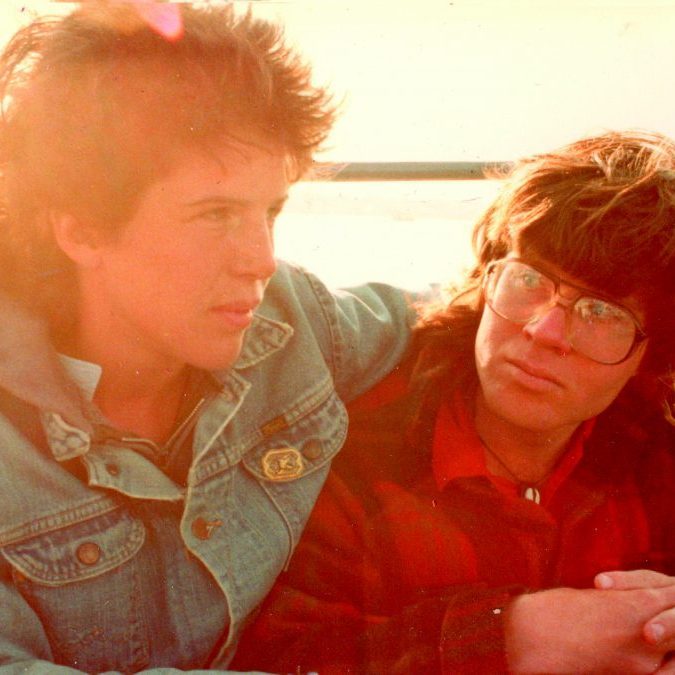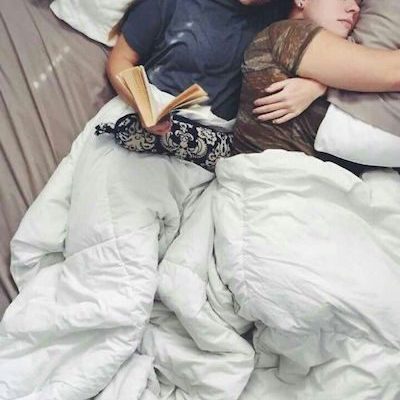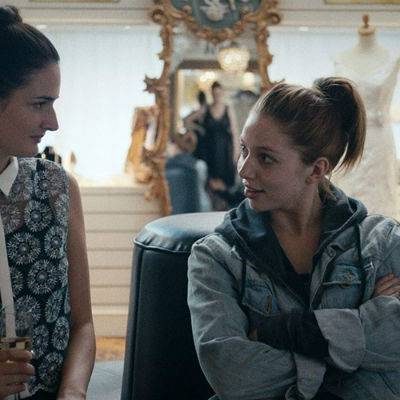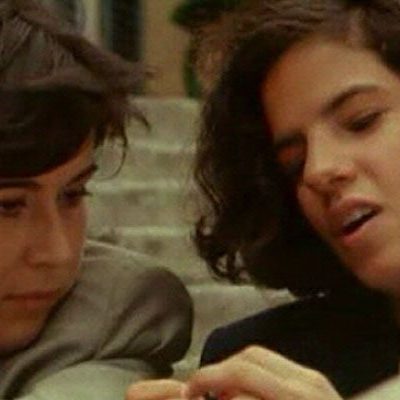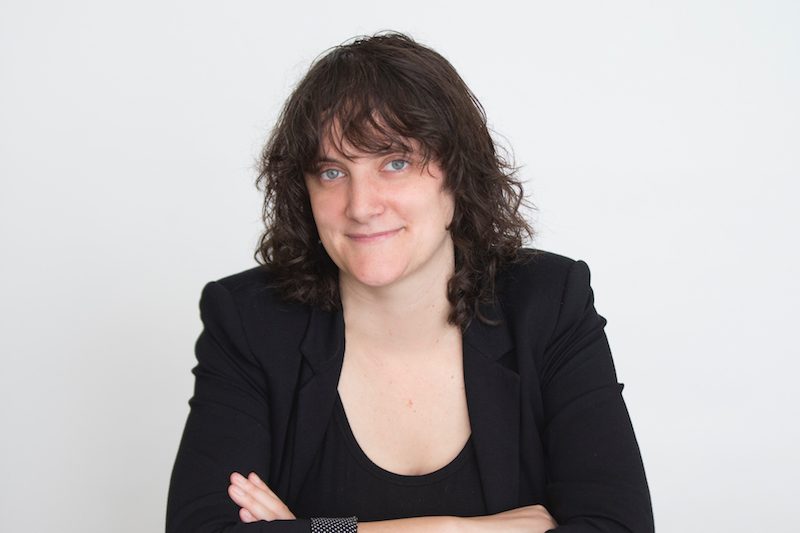
Lisa was appointed as the new Queer Screen’s Festival Director at the end of May 2017.
She was elected President of Queer Screen following the FY2016 AGM on 5th November 2016 but resigned from that position following the Mardi Gras Film Festival 2017.
An eager film buff, Lisa comes from a sales, service and marketing background, with a previously successful and award-winning career managing various Blockbuster stores including implementing the only pink shelved queer section seen in a Blockbuster Australia store. Lisa has since moved from people management to marketing and analytics.
Lisa joined the Queer Screen Board in November 2012 where she originally took on the role of Membership Director, before becoming Vice-President in March 2013. A passionate believer in giving voice to all forms of queer entertainment, Lisa is focused on showcasing and championing diversity.
We chat with Lisa:
Congratulations on your role as 2017 Queer Screen Film Festival Director for 2017! Perhaps the more known Queer Screen film festival is the Mardi Gras Film Festival – could you elucidate for our readers what the differences are between the two festivals in terms of content and objectives?
I certainly can, the main difference really is the size of the two festivals. QSFF is a much smaller festival, with this year’s instalment having 15 sessions (the most it’s ever had), compared to MGFF in Feb/Mar having 60-70.
We started Queer Screen Film Fest 5 years ago for a few reasons, namely to assist in getting the Queer Screen brand out to the community; to provide another revenue stream, and because there are so many LGBTIQ films being made now that deserve to be seen on Sydney screens and people are often so busy in Mardi Gras season.
The other thing that plays a role is the effect that the Internet and streaming have on film festivals. So many titles play the northern hemisphere festival circuit in their Summer/Spring and by the time MGFF comes around they are already online. By creating a second festival we can bring some of those films to the cinema here. And that is so important as there is nothing quite like seeing a queer film with a queer audience.
As a Board Member of Queer Screen, you’ve worked strenuously to ensure that there is a balance between films about gay men, and lesbian women (and bisexual, transgender, non-binary, and queer-identifying members of our community). Why do you think this is something that is not simply a given at many LGBTQ film festivals?
It’s a really interesting question and one that I asked myself many times before becoming a part of Queer Screen 5 years ago. The reality is that an organisation has to be passionate about doing that and championing it and it has to be across the whole group from the top down. However, one of the main reasons I’d suggest it isn’t the norm, is that you can only play what gets made and there are simply way more films about cisgender gay men made than any other demographic in the LGBTIQ rainbow. They have also always been the core and continue to be the core of most queer film festivals audiences, including ours.
So it’s about showing a diverse range of films to attract a diverse range of audience.
It’s like that Kevin Costner baseball movie Field of Dreams, “if you build it, they will come”. You have to prove to people, women, the transgender community, people of colour etc., that you are showing films about them so they build up that trust in you and your organisation. And then you hope that people buy into it from all walks of life and come and support the festival and the vision you are creating, as it can’t be forgotten that the festival like many things has budgetary needs it has to meet. We are a not for profit that is here for the community and we are hoping our community can see that we are trying to represent the diversity of it. So yes we are building it, now please come!
Often in conversation with male-identifying members of the LGBTQI+ community, it becomes apparent that someone’s queerness does not necessarily negate their sexism and/or their ignorance about the queer female experience. Is this something you have found working in queer film?
Yes, I would say so. We’ve had a very small number of people complain that we focus too much on lesbian films now, which is simply not true. This festival (our small festival that didn’t even exist over 5 years ago) has parity, but our larger festival heading into its 25th year never has.
We live in a patriarchal society and making films takes a lot of money. It’s really as simple as that. But it also goes back to what I was saying before, we as women have to support organisations, filmmakers, artists, writers, theatres who are producing art that is directed at us. We have to support them to show that it’s viable and to show that it’s not only interesting but financially worthwhile. That all said, I like to think that anyone can attend and take something out of any piece of art if they are willing regardless of gender. I love that so many of our films (especially our docos) attract diverse people in age, gender, race, and sexuality.
Clearly, you have upped the ante in terms of queer female representation in this year’s festival program. I can’t tell you how excited I was when I saw that of the 14 feature films on offer, at least six are clearly stories about lesbian or bisexual women, one is about a transgender woman, and one is about a group of three friends, one of whom is a lesbian. That kind of queer female representation is higher than at most other festivals. Is the queer female filmmaking world flourishing at present?
Absolutely. It generally gets bigger and bigger year on year and I’m very excited about what stories there are that have not yet been told, programmed and even made yet. It’s not just at film festivals, but across many other mediums, mainstream films, television, web series, it is growing. It still has a very long way to go, but I am encouraged.
I do get frustrated sometimes when people talk about how bad lesbian films are and there are only a handful of good ones, and then they reel off names of a bunch of films made years ago.
Trust me! Come to the festival and see them.
Which are some of the films that you are most excited about from this year’s QSFF?
All of them, but without the fence-sitting, I absolutely loved The Feels, our closing night film, I laughed hysterically at Frameline in San Francisco and I’m not one who laughs easily at a film. I also love our Comedy Shorts package, as it too is hilarious. Sisterhood, which LOTL is co-presenting, is a fantastic film, it’s real quality film making and very moving, the audience at Inside Out in Toronto voted it their favourite and I can vouch for their taste! Seventeen is great if you are a fan of European cinema and Princess Cyd is a really sweet coming of age film.
But really it’s a great bunch of films across the whole festival; I wouldn’t have programmed them if I didn’t think so.
Why is queer female experience as represented in film important on both personal and political levels for queer viewers, and also for non-queer viewers?
Because seeing yourself on screen, being able to relate, be moved by someone like you is so important, but it’s also a way of breaking down barriers and opening minds to what it’s like to be someone else. The film is a very powerful medium for storytelling and my absolute personal favourite form.
Why should people who aren’t already planning on going to QSFF change their minds and book tickets?
Well, I am sure they will have a good time, and with $1 from every ticket sold being donated to The Equality Campaign they will also be supporting a good cause at the same time as showing support for Queer Screen and our desire to showcase and champion female representation on screen. So yes, please change your mind!

